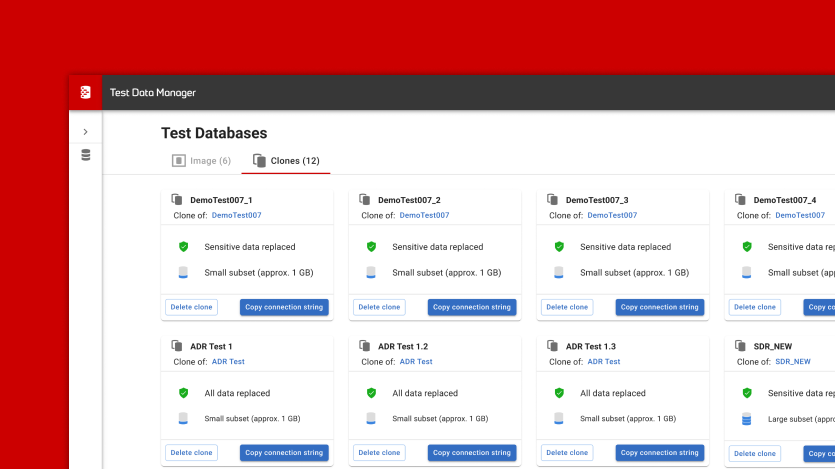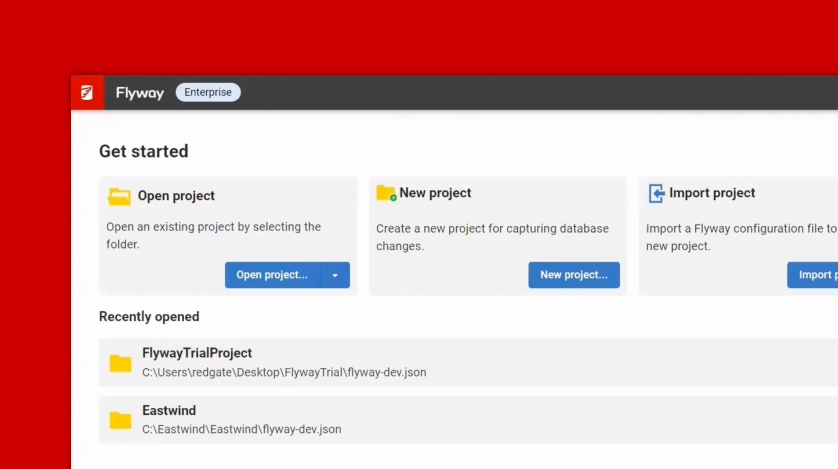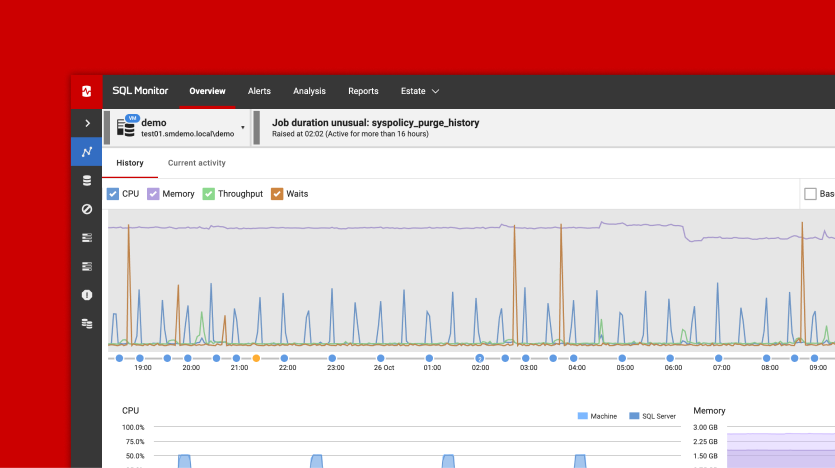Testing @ Redgate
Let me tell you why you’re here. You’re here because you know something. What you know you can’t explain, but you feel it. You’ve felt it your entire life, that there’s something wrong with the software. You don’t know what it is, but it’s there, like a splinter in your mind, driving you mad. It is this feeling that has brought you to us. Do you know what we’re talking about?
The first thing to know about testing at Redgate is what it is not. It is not an afterthought, it is not a bolt-on activity, it is not ‘quality assurance’, it is not a second rate role, it is not a department and it is definitely not an unskilled, keyboard bashing role.
It is a role in which your job starts at the very beginning of a project. You are part of a team, and have input into everything that happens in that team from the planning and design stages of a product or feature right through to the release and after-release support.
Testing is very important to Redgate. We create Ingeniously Simple products which requires user focus, attention to detail and reliability. The product has to work and it has to be intuitive. However, we must also know when something is ‘good enough’ to be released, then monitor what happens in the wild.
Our Test Engineers are multi-skilled individuals. They are imaginative, devious, pedantic, patient and highly technical testers who are also able to dip in and out of many other roles such as developer, usability design, support, product management. This ability is essential to fully appreciate the many facets of a product that will affect our users.
Many teams have extensive automated test suites ranging from unit tests that run as part of the build process, through to UI tests run on remote virtualization systems. Our Test Engineers have been largely responsible for designing, implementing and maintaining these systems.
There is a very close relationship between our Software Engineers and Test Engineers, and in fact on some teams the role boundaries are barely visible. With every role on a team being co-located, the work becomes about the product, not about the roles. To that end, everyone on that team will assist each other for the good of that product.
Let me tell you why you’re here. You’re here because you are passionate about testing. You want to work as an integral part of a highly skilled development team. You want the opportunity to learn and explore the best ways to test our software. You want to be in an environment where your skills make a difference.






